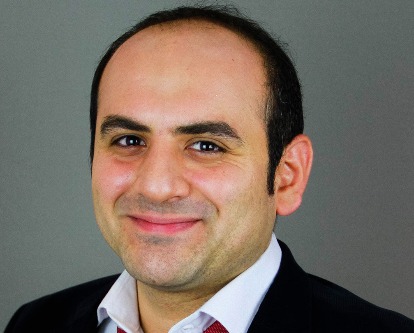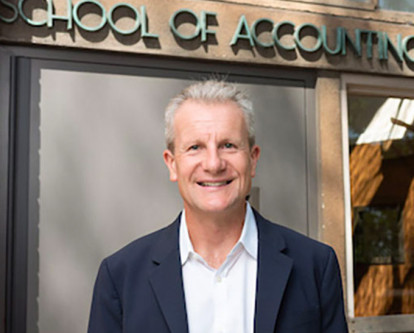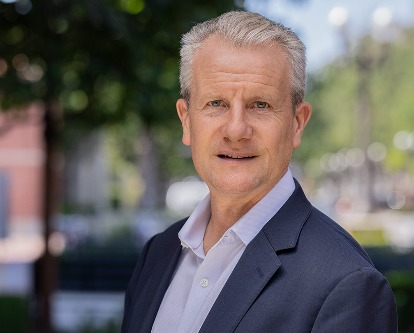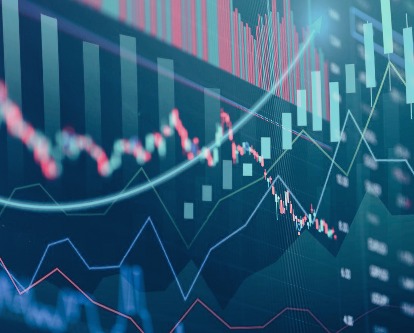
Richard Sloan is the Deloitte and Touche LLP Chair in Accounting at USC Leventhal and professor of accounting, finance and business economics at USC Marshall. An award-winning teacher and prolific scholar in the field of financial accounting, he is also a prominent voice on the role accountants might play in the growing arena of sustainability reporting. Here, Sloan discusses the current state of sustainability reporting, its future and the role today’s students will play in this fast-evolving field.
Who is demanding sustainability reporting?
The demand originally came from customers, employees and investors who wanted to make sure they were doing business with an entity that shared their values concerning the environment and society. More recently, there’s been growing demand from investors who view sustainability reporting as a tool to inform their valuation of companies, providing insights on both the impact the company is having on environment and society as well as the impact environment and society are having on the company.
In what ways has the action and discourse around sustainability reporting evolved of late?
There has certainly been a large increase in the number of companies, particularly public companies, voluntarily providing sustainability reports. Those actions have put pressure on others to follow suit, which is also representative of accelerating demand from stakeholders to see this information.
The investment community is involved in this field in ways that didn’t exist before as well. For instance, in his 2020 annual letter to CEOs, Larry Fink, the CEO of BlackRock, the world’s largest asset manager, was clear about wanting to see more sustainability metrics. That type of pressure from investors is new.
We’ve also seen the increased availability and popularity of ESG (environmental, social and governance) investment products and ESG ratings from the likes of MSCI, Sustainalytics and S&P. The ratings serve as a cheat sheet of sorts on a company’s ESG record, though it’s worth noting that they largely examine how well a company has managed financial risks associated with ESG, and not necessarily how well it is actually doing in reducing its negative environmental and social impacts. Another drawback of the ratings is that they vary widely across the different providers, highlighting the difficulty of providing an objective rating.
"Though sustainability reporting is not a simple extension of financial reporting — it’s about protecting humanity, not just protecting investors, after all — we can use financial reporting’s evolution as a blueprint. Go back a century and financial reporting looked a lot like sustainability reporting today with a lack of clear standards and reporting requirements. Yet society found its way forward with government agencies and professional organizations leading the way."—Richard Sloan
What stands in the way of deeper adoption of sustainability reporting?
Adoption is rather mainstream among large public companies, but cost is still a hurdle to more widespread adoption. The SEC (U.S. Securities and Exchange Commission), for example, has put forth a proposal requiring U.S.-listed public companies to report greenhouse gas (GHG) emissions. While reporting on a company’s own GHG is reasonable, reporting on emissions from the company’s value chain — known as Scope 3 emissions — can be much more difficult.
Then, there’s the lack of generally accepted standards and reporting frameworks. With financial reporting, it is clear what companies must do because there are generally accepted accounting principles and well-defined reporting requirements set forth by securities regulators such as the SEC. At present, sustainability reporting does not have clarity around providing a full and fair disclosure of decision-useful, reliable and externally verified information. This creates confusionand leads to concerns about greenwashing. If reporting is voluntary and companies are able to cherry-pick what sounds good or put a positive spin on things that are not as flattering, then is the information really useful?
Where do you see sustainability reporting heading in the coming years?
Though sustainability reporting is not a simple extension of financial reporting — it’s about protecting humanity, not just protecting investors, after all — we can use financial reporting’s evolution as a blueprint. Go back a century and financial reporting looked a lot like sustainability reporting today with a lack of clear standards and reporting requirements. Yet society found its way forward with government agencies and professional organizations leading the way.
I hope to see convergence on a generally accepted set of standards and reporting framework for sustainability reporting, not to mention regulations mandating compliance with standards and external assurance of reports. As for the rate at which that convergence will happen, we will have to wait and see. Getting measurement in place is an important step, as that means the foundation is in place once requirements are instituted. Regulations, however, are a matter of political will and the collective interest our democracy has toward such efforts.
What role will today’s students play in the future of sustainability reporting?
There is a whole ecosystem evolving to support preparers and users of sustainability reports, including ESG consultants, standard setters, regulators, assurance providers, data aggregators, rating agencies, investment managers and NGOs. These roles are in high demand and require new skills and so should present valuable career opportunities for our students. At the same time, I think students today are intrigued by work that goes beyond just making money, but also looking for opportunities to have a positive impact on society.
Business schools like Marshall need to be training students for this world and the skills needed in this marketplace. To that end, we have two new courses debuting at Marshall this fall: Introduction to Sustainability Reporting (Accounting 499) with Patricia Dechow for undergraduates and my course, Sustainability Reporting and Analysis (Accounting 599), for graduate students. These are both important steps to seeing that Marshall students are prepared to be positive contributors in this emerging field.







